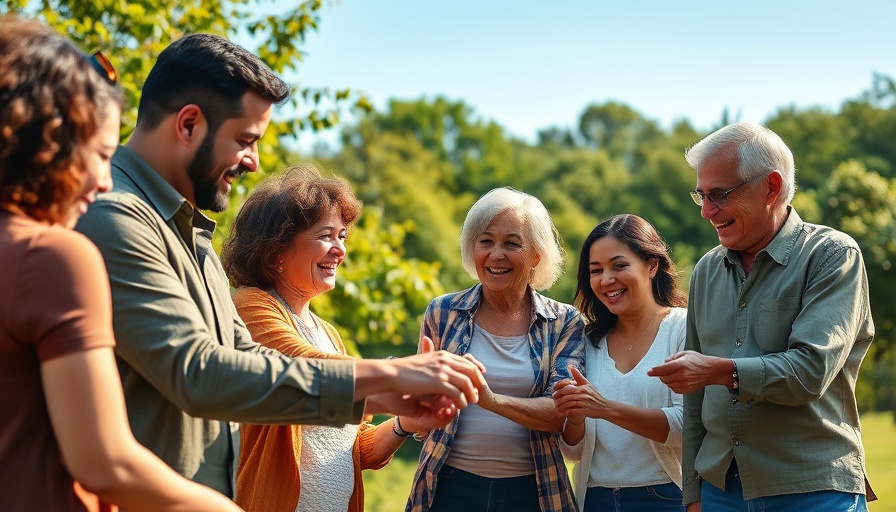
Transforming Ageism: Leveraging Generational Perspectives
Ageism often goes unnoticed in discussions of diversity and inclusion, yet the potential for creating change through age-focused initiatives is substantial. By recognizing that age does not equate to "wokeness," we can harness this overlooked criterion to challenge biases and foster egalitarian values. With society evolving to be more diverse in numerous aspects, including race and sexual orientation, foregrounding age can help bridge divides and spark constructive dialogue across the generations.
Intergenerational Initiatives: Building Bridges of Understanding
There is a growing movement championing mixed-age initiatives across various sectors. These projects are politically neutral and enjoy broad support because they encourage collaboration that transcends generational stereotypes. Research indicates that when people of different age groups work together, they experience reduced ageism and enhanced effectiveness. Initiatives that spotlight age could serve all segments of society, fostering environments where everyone benefits from collaboration.
Rethinking Old vs. Young: Emphasizing Shared Goals
The narrative framing of a battle between the old and young can be counterproductive. Historical and contemporary political climates have shown how easily divisive rhetoric can be weaponized. Instead of promoting age divisions, we must address the underlying ideologies that create disparity, championing unity across age groups with emphasis on collaborative action. By dismantling this binary view, we can make strides in equality and coalition-building.
The YODA Framework: Empowering Age Inclusivity
YODA (Youngers and Olders Dismantling Ageism) proposes a platform where individuals of all ages can engage in meaningful conversations about aging and power dynamics. This framework encourages facilitating dialogue and understanding between generations, pivoting the focus from opposing age groups to forming alliances based on shared objectives. By spreading the concepts of YODA, we can rally various demographics around common interests, fostering support for age-inclusive policies.
The Language of Age: Avoiding Division Through Terminology
Language plays a crucial role in shaping perceptions around ageism. Innovations in how we discuss age—like replacing complex jargon with relatable terminology—can elevate discussions and attract wider engagement. Adapting terminology fosters connections rather than barriers, encouraging constructive conversations around age and ensuring that critical issues are accessible to all.
Through these strategies, we can transform the conversation surrounding age within society. Parents, homeowners, and seniors alike are invited to participate in these dialogues and initiatives to bolster a community that embraces and values all ages.
 Add Row
Add Row  Add
Add 




 Add Row
Add Row  Add
Add 
Write A Comment